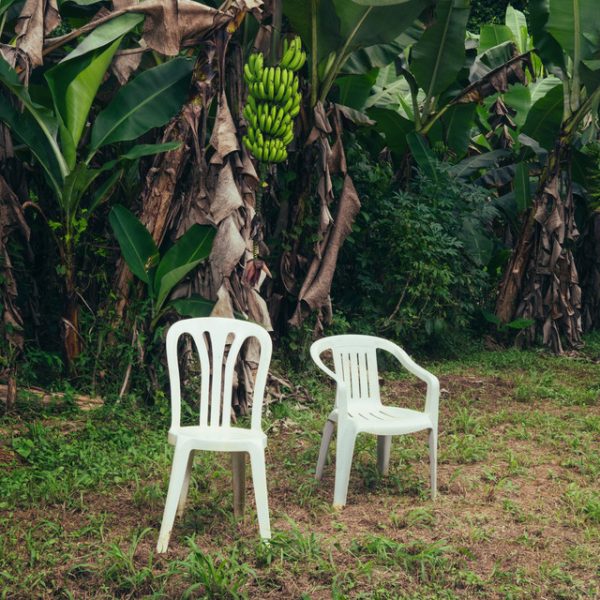K-Cup Coffee: The Risks It Poses to the Environment
Every morning, millions of Americans start their day with a cup of coffee. It seems that more than ever, people are doing so using a K-cup coffee machine, a convenient single serve coffee brewer that has found a perfect niche in the rushed mornings of many Americans. A survey conducted by the National Coffee Association found that the percentage of Americans who own a single-cup coffee brewing system has increased from 7% in 2011 all the way to 33% today, demonstrating that K-cups have taken a constantly increasing role in our lives.
However, despite the great convenience of this product, it does have one serious downside: it is not recyclable. At first, this may not seem like too serious of a problem. Many products aren’t recyclable, and K-cups are small anyway. How much of an environmental impact can they even make? However, if 33% of American households contain a K-cup machine, it is likely that each of these households is using at least one K-cup a day, possibly more depending on how many people use it. Once their daily use by many companies, and growing international popularity are taken into account, their impact is piling up fast. According to the company Recycle A Cup, 20 billion pods are thrown into landfills each year—enough to encircle the globe 12 times when stacked end to end.
Keurig, the most popular company in the single serve coffee industry, has announced plans for all new pods to be recyclable by 2020. They have had this goal for awhile now, but it has been difficult to find materials that both meet the business needs of the company and are environmentally sustainable. However, after increasing pressure from the public, Keurig believes they have finally found the perfect material.
Even after 2020, it is unclear whether these pods will be 100% recyclable. Currently, some pods are recyclable, but only once they have been separated into its different components and after the non recyclable parts have been thrown out. Few consumers actually complete this process, and there is some concern as to whether it will still be necessary with Keurig’s new pods in 2020 as they have not made this clear yet.
Knowing all this should not persuade you to stop drinking coffee. Instead, you can use this knowledge to try to lessen the environmental cost that comes with it. For instance, the company Recycle A Cup is selling a product that makes it easier to separate K-cups into their recyclable and non recyclable components with the hope of encouraging at least partial recycling. Or, you can use more traditional coffee pots which have also been improving in terms of practicality, and according to one article from Fox Business, are actually much cheaper than the single serve machines. Whatever you choose to do, the most important thing to remember is that by just you changing your habits is a great start, but it will not entirely solve the problem. On the other hand, trying your best to encourage others to take similar actions can cause much greater change.




